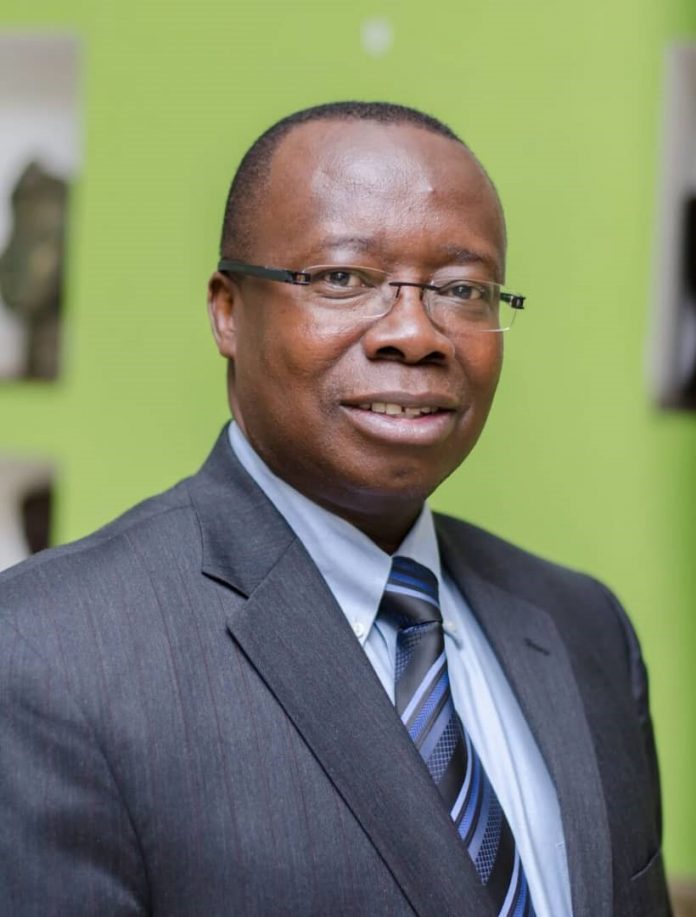
The Feed the Future Advancing Local Leadership, Innovation and Networks (ALL-IN) program has launched four research projects aimed at testing the impacts of existing rural development programmes in the Northern part of the country.
Led from Ghana, with support from USAID, the projects will also test the innovations of the communities and create new opportunities in Northern Ghana to help improve incomes, crop yields and family nutrition status.
In a media release issued in Accra on June 16, 2021, a co-director of Feed the Future ALL-IN, who is also the President and Chief Executive Officer of the International Centre for Evaluation and Development (ICED), Dr David Ameyaw, explained that the four projects were led by researchers who understand the context and culture on this continent, and who are closely related to policy makers and understand the intricacies of policy.
The ALL-IN projects
Ghana has made tremendous progress against poverty in its rural communities over the past decade. It was the first country in Sub-Saharan Africa to attain the Millennium Development Goal (MDG) of halving poverty.
However, rural families in the Northern regions continue to face substantial challenges to their livelihoods.
A breakdown of the ALL-IN project shows that from the Ghana Institute of Management and Public Administration (GIMPA), a senior lecturer, Mr Charles Amoatey, would test the impact of the One Village, One Dam (1V1D) initiative on rural families in the catchment areas.
Government launched the 1V1D in 2017 to support dry season gardening and livestock rearing as a means of improving food security, incomes and people’s wellbeing.
“GIMPA researchers have supported the government’s oversight of the 1V1D and this ALL-IN project will contribute to policy decisions related to scaling up the initiative,” it said.
Again, the project would test an agricultural insurance designed to complement supplemental irrigation in 1V1D communities.
The University of Energy and Natural Resources, led by the Dean of the School of Graduate Studies, Professor John Kuwornu, would implement the project that expands families’ overall drought protection.
While the dams provide supplemental irrigation, the insurance provides payments in the event of severe drought. Ghana Agricultural Insurance Pool (GAIP) is designing the index insurance product.
Available data show that Ghanaian women contribute to about 80 per cent of shea production, yet receive low prices and remuneration.
Consequently, a research team led by a senior research fellow from the Institute of Statistical, Social and Economic Research (ISSER) at the University of Ghana, Mr Fred Dzanku, would test a package of training and financing to empower women producers on the full benefits of their operations, while increasing available supply for growing international markets for shea products.
Methodology
The four ALL-IN research teams in Ghana are using some of the most advanced statistical methods to measure the impacts these programs have on incomes, crop yields, health, nutrition, women empowerment and other outcomes.
The tested evidence will show the kinds of programming that truly have positive impacts.
The projects would also leverage the strengths and knowledge of Ghana’s researchers and their networks to ensure their work have a positive impact on development policy.
Background
Feed the Future ALL-IN was established by USAID as a partnership between ICED, with offices in Nairobi, Kenya and Accra, Ghana, and the Feed the Future Innovation Lab for Markets, Risk & Resilience (MRR) based at the University of California, Davis.
ALL-IN funds researchers at African institutions to lead large-scale international research collaborations, leveraging their local knowledge, skills and ideas to build actionable evidence for promoting resilience and inclusive agricultural growth.
“With the growing capacity in African universities and other institutions it is time for more of our local partners to take the lead,” the Director of the MRR Innovation Lab, Mr Michael Carter, said.
He added, “We anticipate that doing so will enhance the relevance and long-term impacts of the research.”









